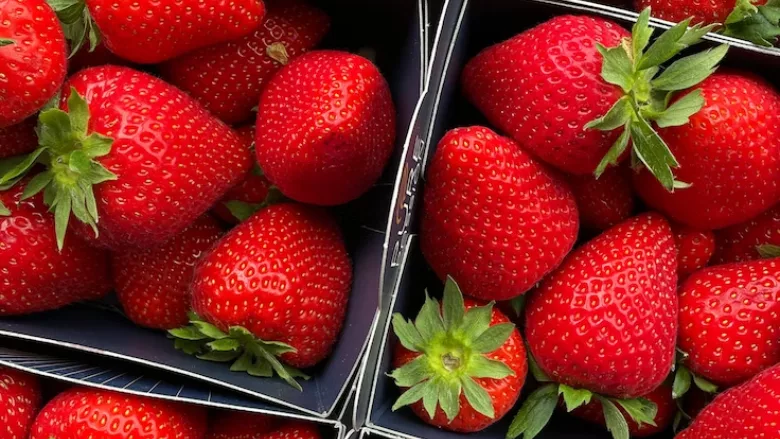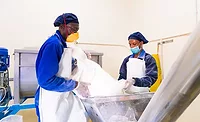Study on Superheated Dry Steam for Sanitation in Dry Food Production Seeks Survey Respondents

Credit: Raghavendra Mithare via Unsplash
The Center for Produce Safety (CPS) has provided insight into an ongoing study funded by the center that is examining the efficacy of superheated steam, also known as “dry steam,” as a sanitization method for dry food production environments. The study is led by Abby Snyder, Ph.D., of Cornell University, alongside co-principal investigator V.M. Balasubramaniam, Ph.D., of Ohio State University.
Many facilities, such as packing operations, are not able to used water-based sanitizers. Dry steam may provide a solution for these environments, as pervious research has shown that it can kill pathogens on surfaces without leaving moisture or condensation, acting like a hot gas. The CPS study aims to elaborate on previous findings by testing superheated steam’s performance on a pilot scale.
In her research, Dr. Snyder will consider factors such as cost, range of applications, wear and tear on equipment, changes to ambient relative humidity, and worker safety. The researchers reviewed Occupational Safety and Health Administration (OSHA) guidelines and developed worker safety and operator compliance training.
As one of the project’s objectives is to better understand how much money industry would be willing to pay for superheated dry steam technology, Dr. Snyder is conducting a brief online survey that proposes different scenarios. Respondents remain anonymous. To participate in the survey, click here.
Initial trials looked at thermal distribution across stainless steel coupons at ambient temperatures, using three different coupon thicknesses and three different nozzle distances. Temperatures at the contact point ranged from 170–320 °C (338–608 °F) depending on nozzle distance. The team found that high temperatures support short exposure times, and they also plan to characterize how rapidly temperature dissipates across surfaces. The researchers plan to conduct similar tests with concrete coupons, as well as coupons made of materials used in picking bags.
Although superheated steam doesn’t use large amounts of water, it is unknown whether prolonged use of the technology could change ambient relative humidity in enclosed spaces, depending on size and ventilation. As part of the project, Snyder said they will look at whether those relative humidity changes could potentially lead to condensation with extended superheated steam use.
Because superheated steam does not use large amounts of water, Dr. Snyder believes the technology could offer the produce industry potential water savings while offering industry a wider variety of sanitation options.
Looking for quick answers on food safety topics?
Try Ask FSM, our new smart AI search tool.
Ask FSM →







